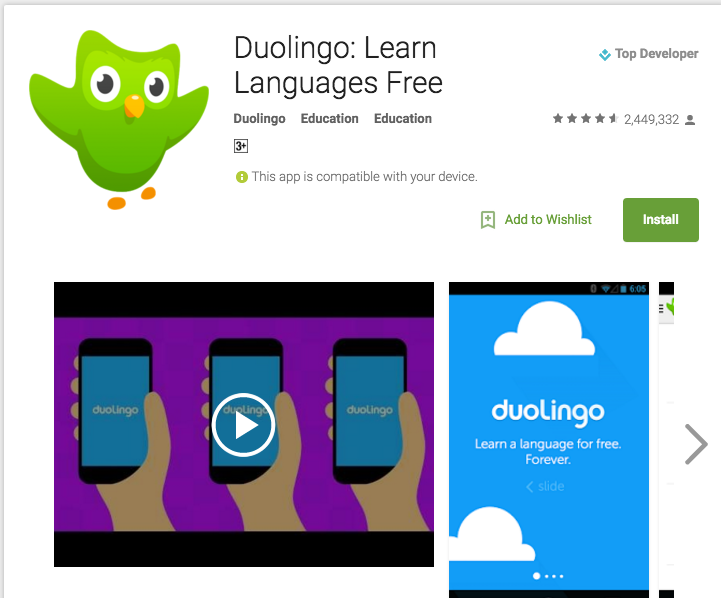

It has filters that let you see tutors without a professional qualification ("community tutors"), who are typically much cheaper and may be all you need for conversation practice. It is basically a directory of tutors, so the quality (and price) of the tutors can vary wildly. ITalki is probably the most well-known of these language tutor platforms. Because you won't be stopping to look things up, it's best to work with material that is at, or slightly below your current level. You'll likely also pick up some new vocabulary from the context, and your naturally start to recognise common constructs. The goal here is to devour as much material as you can so that you're really strengthening those pathways in your brain. word or construct, so long as you can follow the general gist.


This is a great way to build your vocabulary, but it is labor-intensive. When you come across words or formations that you don't recognize - look them up. Intensive reading/listening: This is where you use the text or audio material as a springboard for your own learning.There are two approaches you can use with reading material (and listening material, provided it has a transcript): With that in mind, there are two courses I recommend: At the same time, it helps to have a recommended path to follow if you need it. It's good to have the freedom to hop around a course, depending on your interests. It allows you to choose your learning path: We don't all have the same needs and goals.It's best if your grammar course includes tools or exercises to drill you on this material.

There's a bit of "understanding how it all works", but a lot of time time it's just about committing a whole bunch of patterns to memory, and testing yourself until it sticks. It includes reinforcement tools: This stuff requires memorization and repetition.It's also good to have a course that you can also use as a reference, to come back to when you need a refresher on a particular grammar point (and you will). It's structured around linguistic principles rather than situations (e.g., "Understanding nouns" vs " Booking a doctor's appointment") It might not seem quite as interesting, but it'll provide a shorter route to understanding the language and organizing it in your memory.


 0 kommentar(er)
0 kommentar(er)
